Please find below a list of useful links and resources to help pupils keep safe, both on and offline.
Click on the links below to access more information.
Local support
Just One Norfolk – NHS
Norfolk Safeguarding Children Partnership
Norfolk County Council Domestic Abuse Support
Norfolk Early Help Team
Pupil Support
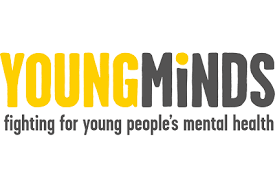
Practical advice and tips on supporting your child, from how to encourage your child to open up about their feelings to dealing with mental health services – https://www.youngminds.org.uk/parent/.
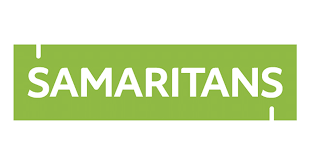
The Samaritans is here, day or night, for anyone who’s struggling to cope, who needs someone to listen without judgement or pressure – https://www.samaritans.org/.

Mind offers help whenever you might need it through information, advice and local services. Find out more – https://www.mind.org.uk/for-young-people/.
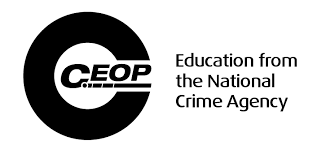
CEOP Education provides advice from the National Crime Agency (NCA) on staying safe online – https://www.ceopeducation.co.uk/.

Parent info is a collaboration between Parentzone and the NCA providing support and guidance for parents from leading experts and organisations.
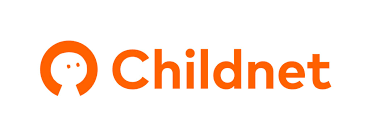
Childnet offers a toolkit to support parents and carers of children of any age to start discussions about their online life, to set boundaries around online behaviour and technology use, and to find out where to get more help and support.

London Grid for Learning has support for parents and carers to keep their children safe online, including tips to keep primary aged children safe online.

Resources and actions to help individuals feel happier, reduce and prevent mental ill health – www.actionforhappiness.org.
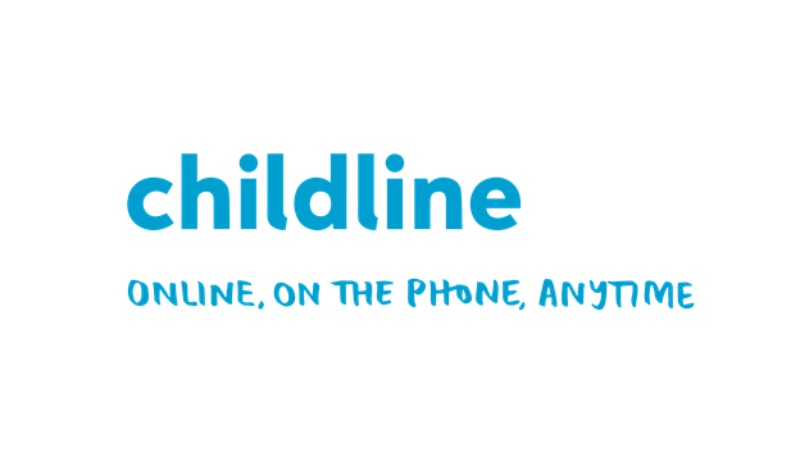
Counselling service for parents, children and young people – www.childline.org.uk.

Free online support for young people delivered by qualified counsellors via chat-based services – www.kooth.com.
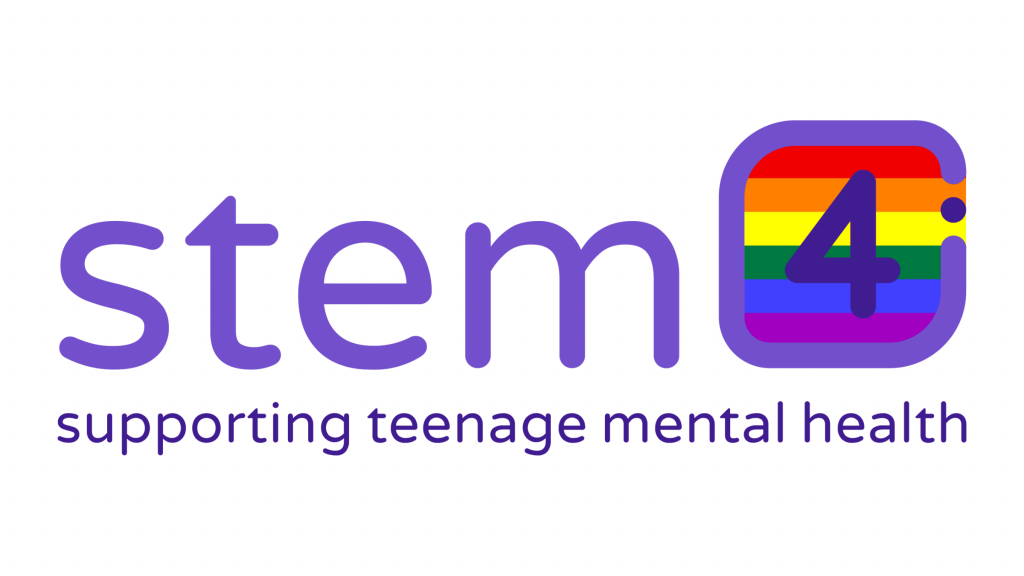
STEM4 aims to improve teenage mental health by stemming commonly occurring mental health issues at an early stage – www.stem4.org.uk.

MindEd for families has online advice and information from trusted services to support understanding and help identify early issues and find best support for your child – https://www.minded.org.uk.
Parenting
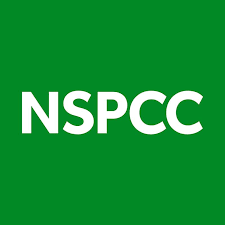
Parenting tips for all stages of your child’s life, as well as advice on how to deal with difficult situations. Practical advice and tips for positive parenting techniques that work well for children – https://www.nspcc.org.uk/keeping-children-safe/support-for-parents/.
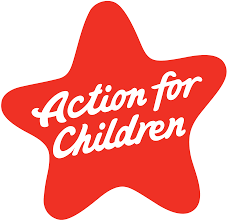
Guidance and support in person and online – https://www.actionforchildren.org.uk/our-work-and-impact/children-and-families/parenting-support/.
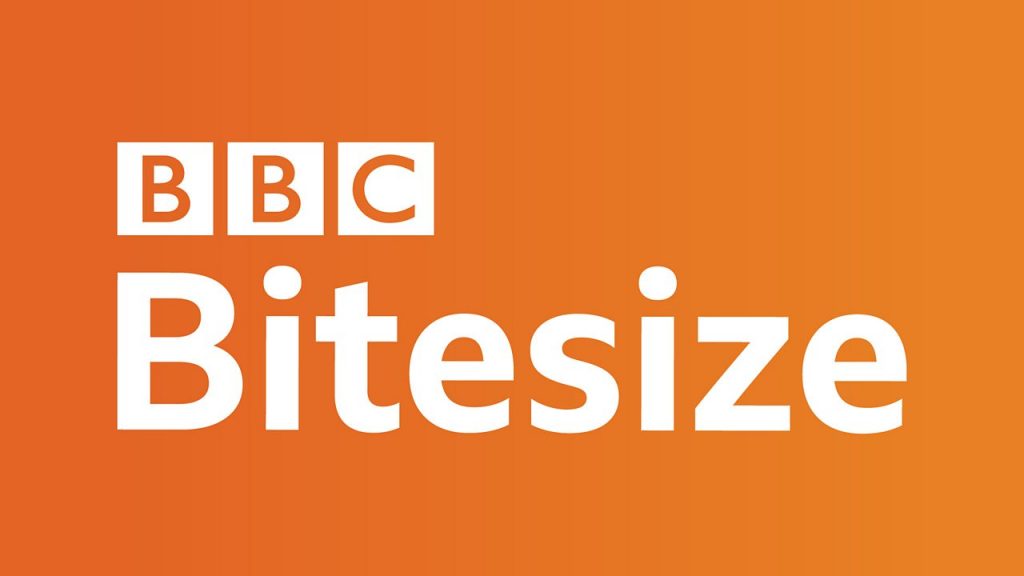
Parents’ Toolkit including stories, expert advice and fun activities that will help you support your child in a changing world – https://www.bbc.co.uk/bitesize/articles/znsmxyc.
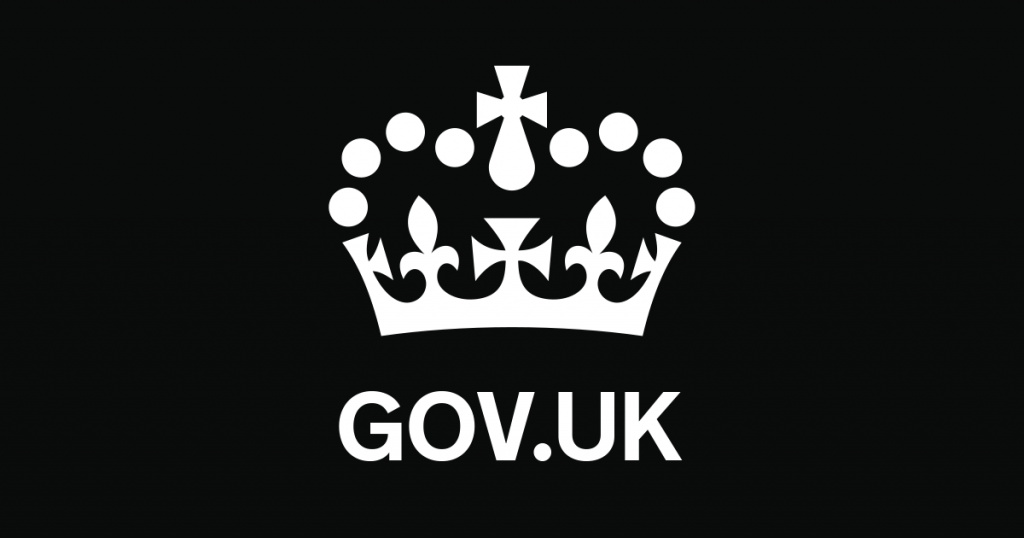
Advice and guidance on rights and responsibilities, sources of support for all types of families – https://www.gov.uk/parental-rights-responsibilities.
Online
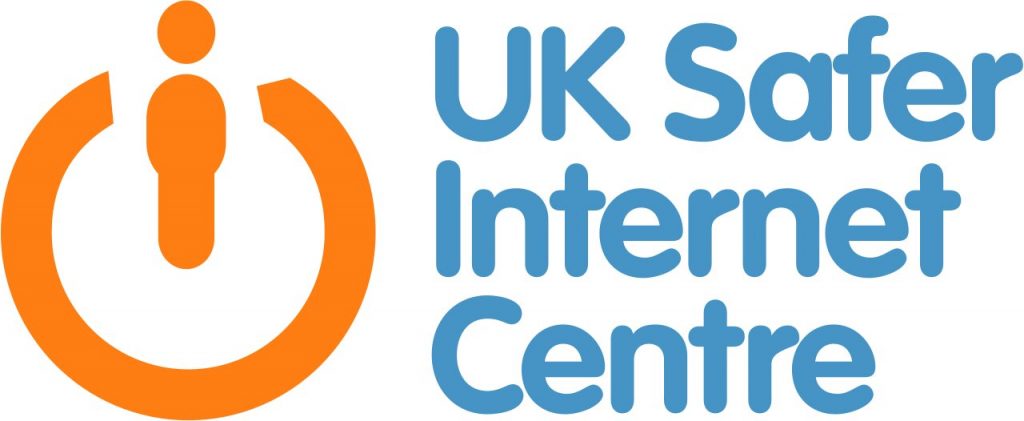
Advice and top tips on the devices young people are using and the issues they may face – https://saferinternet.org.uk.

Guidance and practical advice on the steps you can take as a parent to keep children safe on social media, in online games and around the web – https://www.internetmatters.org/advice.
E-safety
E-safety is often defined as the safe and responsible use of technology. This includes the use of the internet and also other means of communication using electronic media (eg text messages, gaming devices, email etc).
In practice, E-safety is as much about behaviour as it is electronic security. E-safety in this context is classified into three areas of risk:
- Content: being exposed to illegal, inappropriate or harmful material
- Contact: being subjected to harmful online interaction with other users
- Conduct: personal online behaviour that increases the likelihood of, or causes, harm.
Why is E-safety important?
The internet is now an integral part of all our lives. In the UK, 90% of the population report to use the internet more than once a day. Online safety or e-safety as it is also known, is important in making sure all users, both adults and children feel safe, secure and confident when engaging with and accessing online content.
Where can I get help?
If you have concerns or questions regarding E-safety, there are a large number of resources available to you.
Four of the leading sites are:
You can also contact us and we will always do our best to provide you with any advice, or get you in contact with the correct person to help.
